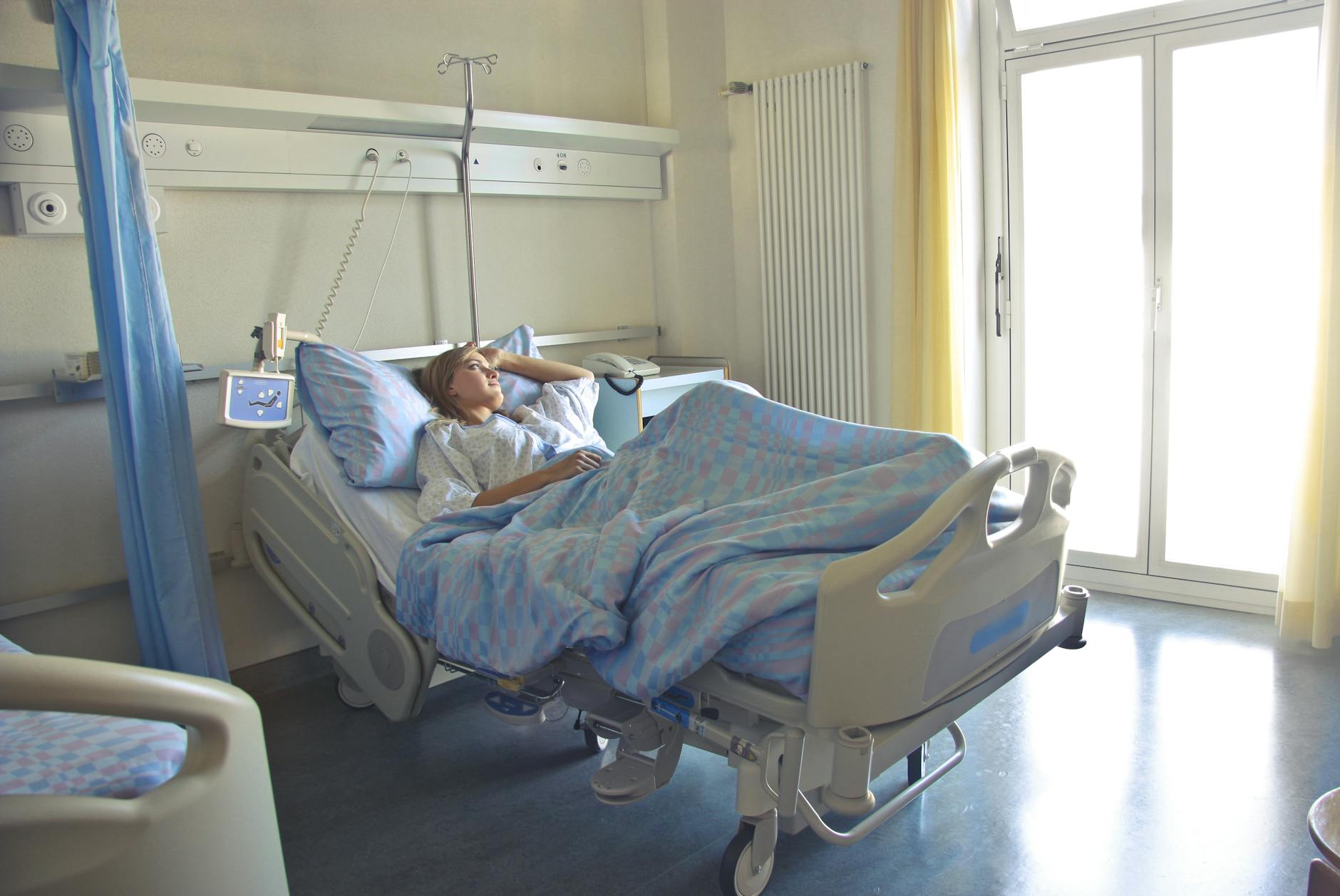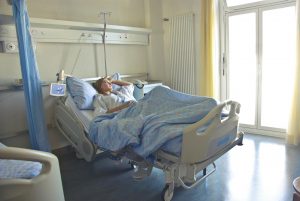Cancer is a word that brings a sense of dread to most people, but awareness is crucial, especially as we age. Early detection through regular cancer screening and Medicare can significantly impact treatment outcomes and overall health. For seniors and Medicare beneficiaries, knowing which cancer screenings are covered can be vital to maintaining good health. This article aims to provide insightful information on cancer screening and Medicare, emphasizing the importance of early detection.
Understanding Medicare Coverage for Cancer Screenings
Medicare, the federal health insurance program for people aged 65 and older, as well as certain younger individuals with disabilities, offers coverage for various cancer screenings. These cancer screening and Medicare services are designed to detect cancer early when it is most treatable. Here’s a breakdown of the cancer screenings covered by Medicare:
Breast Cancer
Mammograms:
Medicare Part B covers screening mammograms once every 12 months for women aged 40 and older. If you are at higher risk of breast cancer due to family history or other factors, your doctor may recommend starting earlier.
Colorectal Cancer
Colonoscopy:
Medicare covers a colonoscopy once every 10 years for average-risk patients, and more frequently for those at higher risk. This screening can help detect polyps before they become cancerous.
Fecal Occult Blood Test (FOBT):
An annual test that checks for hidden blood in the stool, which can be an early sign of colorectal cancer.
Flexible Sigmoidoscopy:
Covered once every four years for those not at high risk and 10 years after a previous colonoscopy.
Prostate Cancer
Prostate-Specific Antigen (PSA) Test:
Medicare covers a PSA blood test once every 12 months for men over 50. This test helps detect prostate cancer early.
Cervical and Vaginal Cancer
Pap Smear and Pelvic Exam:
Medicare covers these tests every 24 months, or annually for those at high risk. These screenings can detect cervical and vaginal cancers early.
Lung Cancer
Low-Dose Computed Tomography (LDCT):
For those aged 55-77 who have a history of heavy smoking, Medicare covers LDCT once per year. This screening can help detect lung cancer at an early stage.

Importance of Early Detection
Early detection of cancer, through cancer screening and Medicare, can significantly improve treatment outcomes and increase survival rates. This proactive approach enables medical professionals to address the disease before it progresses to more advanced stages. Here’s why early detection matters:
Better Prognosis
Cancers detected at an early stage are often more treatable. Early-stage cancers tend to have a higher success rate in treatment, leading to better overall outcomes. For example, the five-year survival rate for colorectal cancer detected early is about 90%. This statistic underlines the critical advantage of identifying cancer early on.
Less Aggressive Treatment
Early-stage cancers may require less invasive treatments, reducing the impact on quality of life. When cancer is caught early, patients might avoid more severe treatment options like aggressive chemotherapy or extensive surgeries. This can help maintain a better quality of life during and after treatment.
Cost-Effectiveness
Early cancer detection through cancer screening and Medicare can reduce healthcare costs, as advanced cancers often require more complex and costly treatments. By identifying and treating cancer in its initial stages, the financial burden on both the healthcare system and the patient can be significantly reduced. Early treatment options tend to be less expensive and less resource-intensive.
Enhanced Patient Education and Awareness
Early detection efforts often go hand-in-hand with increased patient education and awareness. Regular screenings and awareness campaigns educate the public about the importance of monitoring their health and recognizing early warning signs. This heightened awareness can lead to more people participating in regular screenings and check-ups, further facilitating early detection.
Improved Quality of Life
Early detection not only improves survival rates but also enhances the overall quality of life for patients. Early intervention can prevent the spread of cancer to other parts of the body, minimizing pain and other debilitating symptoms associated with advanced cancer stages. Patients can lead more fulfilling lives with less disruption caused by intensive treatments.
Encouragement of Regular Health Check-ups
The emphasis on early detection, including cancer screening and Medicare, encourages individuals to maintain regular health check-ups and screenings. This habit fosters a proactive approach to health, ensuring that any anomalies are identified and addressed promptly. Regular check-ups, including cancer screening and Medicare services, can also help in the early detection of other health conditions, promoting overall well-being.
Early detection of cancer is paramount in improving survival rates and ensuring more effective, less invasive treatments. By prioritizing early detection, we can save lives, reduce healthcare costs, and improve the quality of life for millions of individuals worldwide.

Encouraging Regular Screenings
It’s essential for seniors and Medicare beneficiaries to take advantage of the cancer screenings covered by Medicare. Regular screenings can significantly improve early detection and increase the chances of successful treatment. Here are some detailed steps to ensure you stay on top of your screenings:
Consult Your Doctor
Having a conversation with your doctor is the first crucial step. Discuss your personal risk factors, such as family history, lifestyle, and any existing health conditions, to determine which screenings are appropriate for you. Your doctor can provide valuable insights into which types of cancer you should be screened for and how often these screenings should be conducted.
Maintain a Schedule
Organization is key when it comes to keeping up with your health screenings. Keep a detailed record of your screening dates, results, and follow-up appointments. Use a calendar or a digital scheduling tool to set reminders for future screenings. Scheduling appointments well in advance ensures that you won’t miss any critical screenings and allows you time to prepare for them.
Stay Informed
Being well-informed about the cancer screenings available to you is essential. Each type of cancer screening has its benefits and limitations. Understanding these can help you make informed decisions about your health. Research the different cancer screenings and Medicare recommendations for your age group and risk factors. Ask your healthcare provider for educational resources and stay updated on any new screening methods or guidelines.
Take Advantage of Medicare Coverage
Medicare offers coverage for a variety of cancer screenings, including mammograms, colorectal cancer screenings, and prostate cancer tests. Make sure you are aware of which screenings are covered and take full advantage of these benefits. Regularly checking your Medicare benefits and understanding what is included can save you money and provide peace of mind.
Encourage Family and Friends
Promote the importance of regular cancer screenings within your community. Encourage family members and friends who are also Medicare beneficiaries to stay on top of their screenings. Sharing your knowledge and experiences can motivate others to prioritize their health.
Follow Up on Results
It’s not enough to just get screened; you need to follow up on your results. Ask your healthcare provider how you will receive your results and what the next steps are if any abnormalities are found. Early follow-up can lead to early treatment, which is crucial for better outcomes.
By taking these proactive steps, seniors and Medicare beneficiaries can significantly enhance their chances of detecting cancer early and improving their overall health. Regular screenings, informed decisions, and staying organized are the keys to maintaining well-being.
Get screened now
Cancer screening and Medicare play a vital role in preventive healthcare, especially for seniors. By utilizing the cancer screenings covered by Medicare, you can detect cancer early, significantly boosting your chances of successful treatment. Remember, early detection through cancer screening and Medicare saves lives.
If you have any questions about your Medicare coverage or need assistance scheduling your screenings, don’t hesitate to contact your healthcare provider. Stay proactive about your health and encourage your loved ones to do the same.
For more detailed information on Medicare coverage for cancer screenings, visit the official Medicare website or speak with a Medicare representative.














